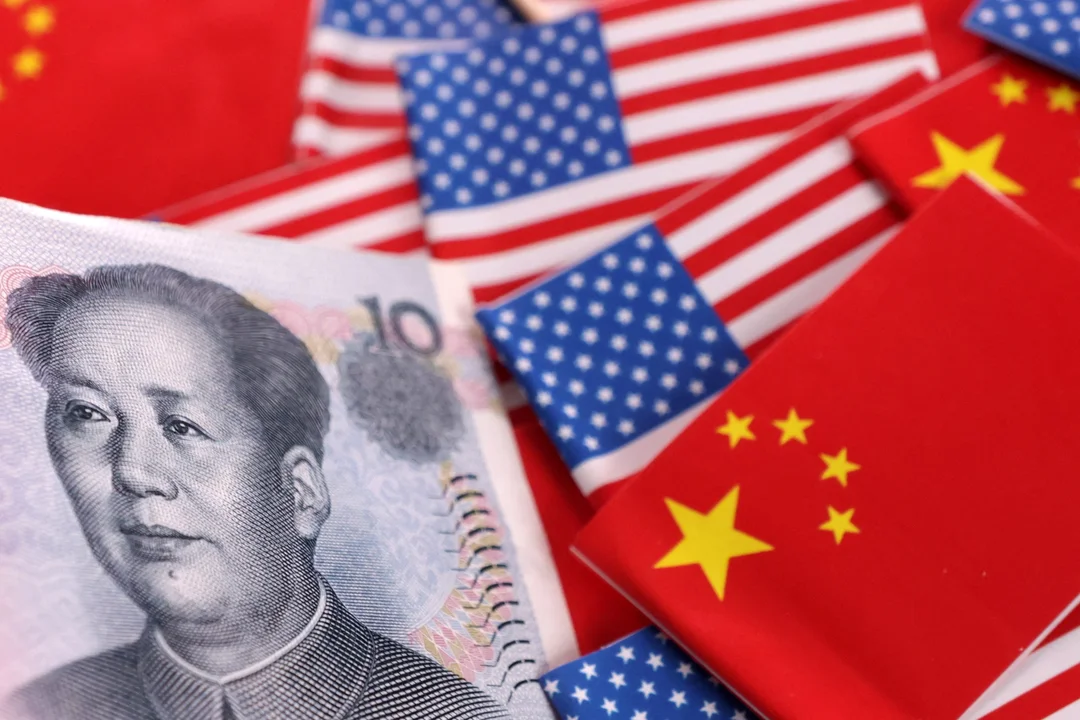
China’s Yuan Weakens Amid Trade Tensions with U.S.
The Chinese yuan has hit a 19-month low against the U.S. dollar, signaling heightened tensions in the ongoing trade war between China and the United States. The People's Bank of China (PBOC) has allowed the yuan to weaken past the psychologically significant threshold of 7.2 per dollar, a move seen as a strategic response to recent U.S. tariffs.
This depreciation comes amidst a series of aggressive tariff impositions by the U.S., aimed at pressuring China into renegotiating trade terms. Analysts suggest that the weakening of the yuan could be a deliberate strategy by China to counteract the impact of these tariffs on its exports, making Chinese goods cheaper and more competitive in international markets.
The PBOC's decision to set a weaker-than-expected daily fixing rate for the yuan has sparked concerns about potential currency wars and their broader implications on global trade dynamics. As the trade conflict escalates, the international community watches closely, wary of the ripple effects on global economic stability.